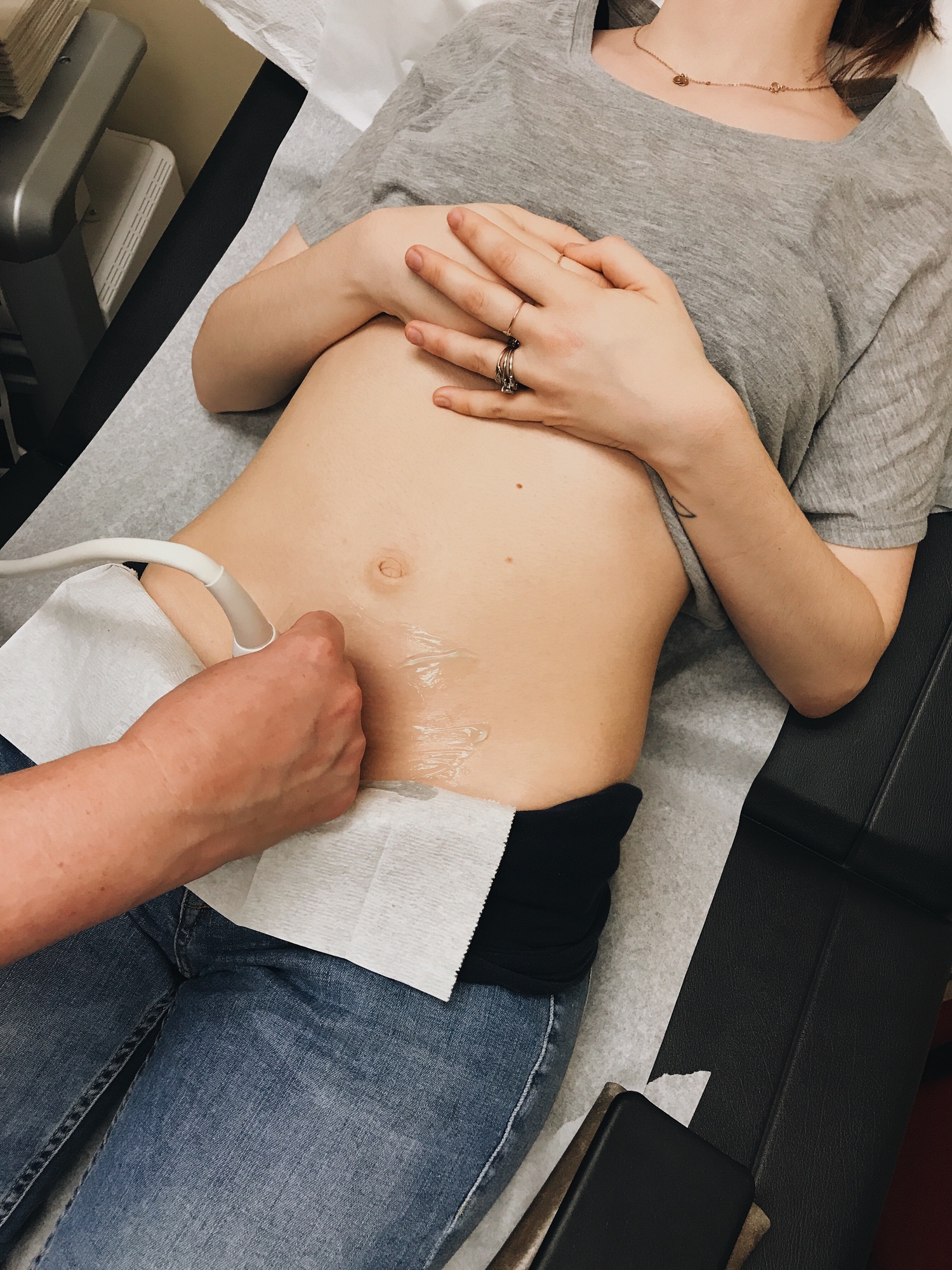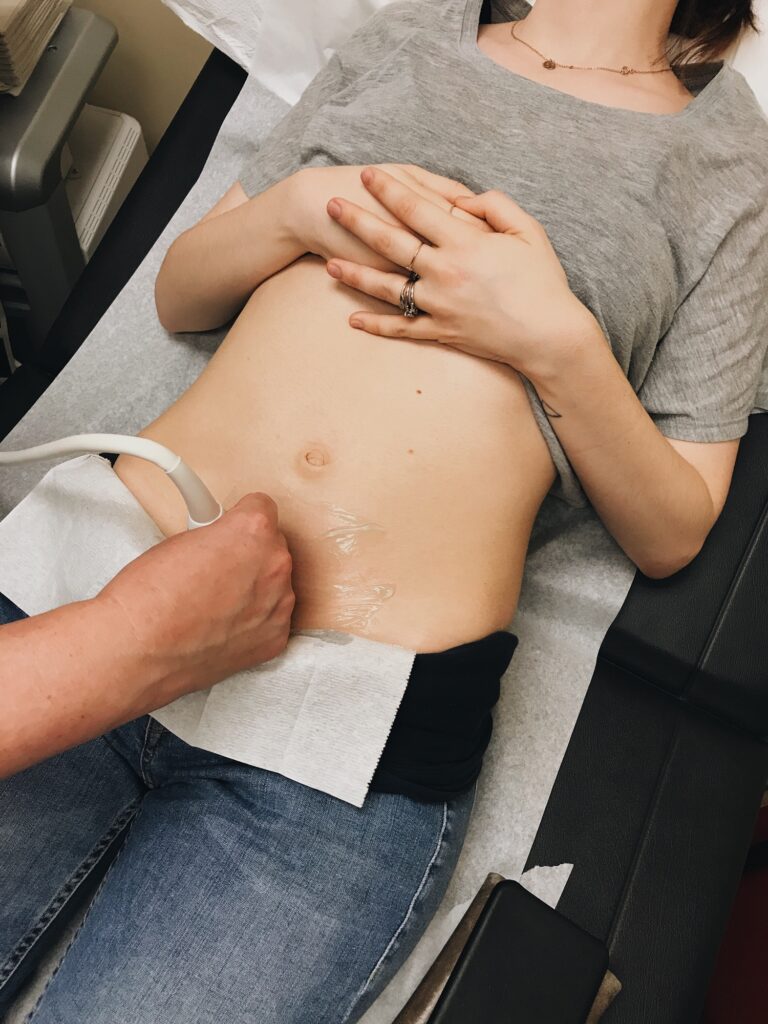The first trimester (weeks 1-12) is a time of incredible changes—both for you and your growing baby. While exciting, this period can also bring physical and emotional challenges as your body adjusts to pregnancy.
Whether you’re newly pregnant or preparing to be, this guide walks you through what to expect each week, common symptoms, and how to care for yourself during these crucial early months.
Week 1-4: Early Changes & Confirmation
What’s Happening with Your Baby
- Fertilization occurs, and the embryo implants in the uterus.
- The neural tube (which becomes the brain and spine) begins forming.
What to Expect Physically
- Missed period (usually the first sign)
- Tender breasts
- Mild cramping or spotting (implantation bleeding)
Self-Care Tips
- Take a home pregnancy test if you’ve missed your period.
- Start prenatal vitamins with folic acid immediately.
Week 5-8: Major Developments Begin
Baby’s Growth
- The heart starts beating (visible on ultrasound by week 6).
- Arms, legs, and facial features begin forming.
Common Symptoms
- Morning sickness (nausea, with or without vomiting)
- Fatigue (extreme tiredness is normal)
- Frequent urination
Managing Discomfort
- Eat small, frequent meals to combat nausea.
- Stay hydrated—ginger tea or crackers may help.
- Rest when needed—your body is working hard!
Week 9-12: Rapid Growth & First Appointments
Baby’s Progress
- All major organs are developing.
- Fingers and toes separate; the baby starts moving (though you won’t feel it yet).
Your Changing Body
- Bloating and mild weight gain
- Heightened sense of smell
- Mood swings due to hormonal shifts
Medical Milestones
- First prenatal visit (usually around week 8-10).
- Ultrasound to confirm due date and check heartbeat.
Common First Trimester Symptoms & Solutions
1. Morning Sickness
- Try: Eating bland foods, vitamin B6, or doctor-approved anti-nausea meds.
- When to worry: If vomiting is severe (hyperemesis gravidarum).
2. Fatigue
- Solution: Nap when possible, prioritize sleep, and reduce non-essential tasks.
3. Food Aversions & Cravings
- Listen to your body but aim for balanced nutrition.
4. Constipation & Bloating
- Drink more water, eat fiber-rich foods, and stay active.
What to Avoid in the First Trimester
1. Harmful Substances
- Alcohol, smoking, and recreational drugs.
- Limit caffeine to 200 mg/day (about one cup of coffee).
2. Risky Foods
- Raw fish, unpasteurized dairy, and undercooked meats.
3. Over-the-Counter Medications
- Check with your doctor before taking any meds, even pain relievers.
When to Call Your Doctor
Red Flags Not to Ignore
- Heavy bleeding or severe cramping
- Dizziness or fainting
- Persistent vomiting (can’t keep liquids down)
Emotional Changes & Support
Mood Swings Are Normal
- Hormones can cause irritability, anxiety, or sudden tears.
Coping Strategies
- Talk to your partner or a friend.
- Join a pregnancy group for shared experiences.
Preparing for the Second Trimester
What’s Next?
- Symptoms often ease after week 12.
- Start planning announcements if desired.
The first trimester is a rollercoaster of physical and emotional changes, but each symptom is a sign your body is nurturing new life. By understanding what’s normal—and when to seek help—you can navigate these early weeks with greater confidence.
Rest when needed, eat well, and celebrate making it through these foundational months. The second trimester brings its own joys—and likely more energy!







